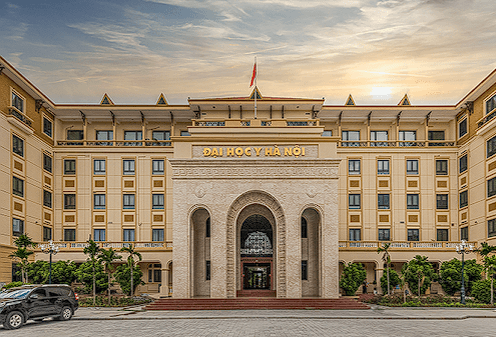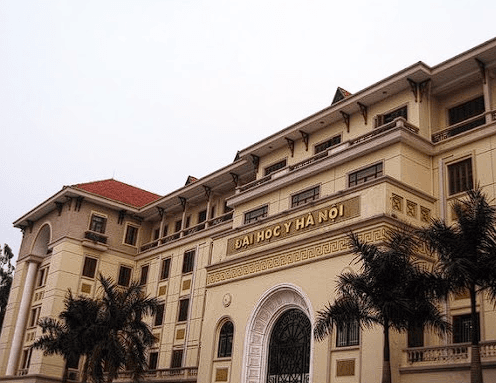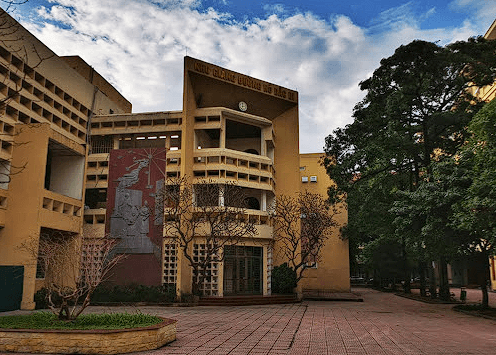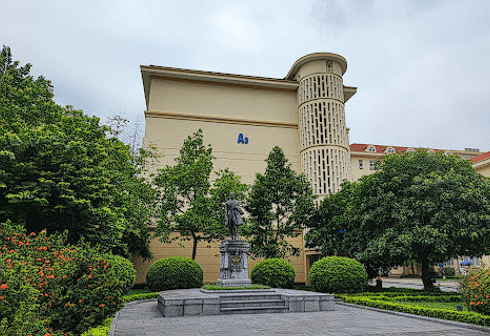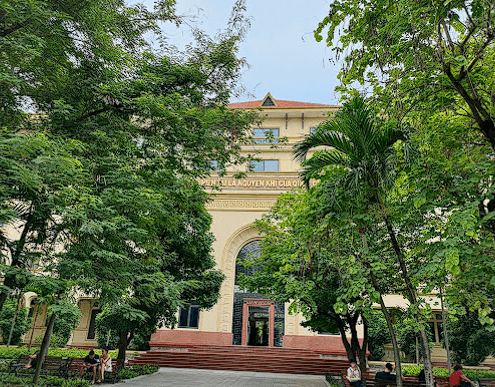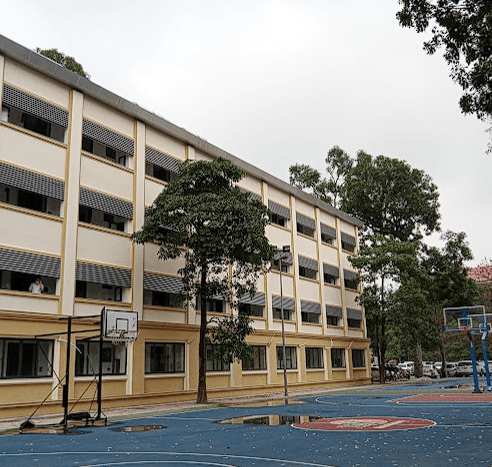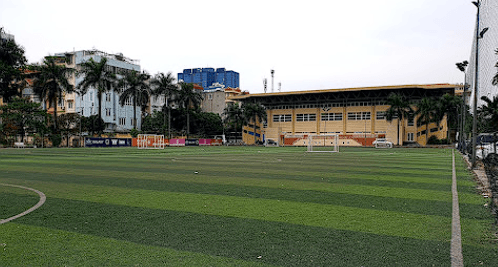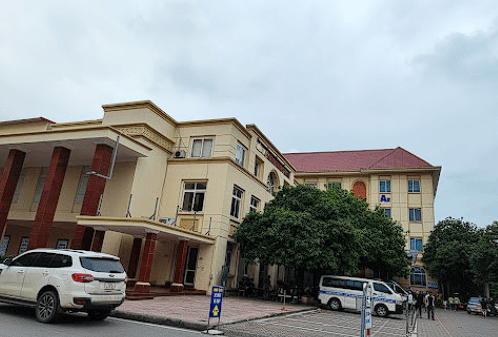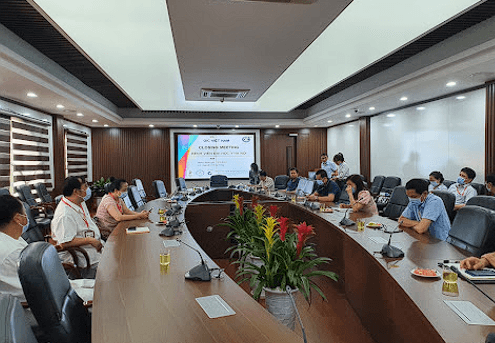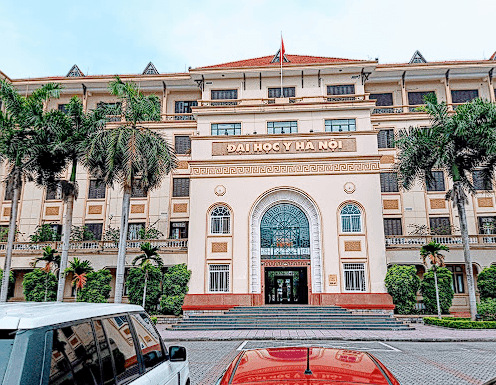Hanoi
Vietnam
33
aaaa
Overview
Year Established
1974
Courses Offered
MBBS
Accreditation




Hanoi Medical University (HMU), established in 1902, stands as the oldest and largest health sciences university in Vietnam. Renowned for its comprehensive educational offerings, HMU includes schools of medicine, nursing, public health, and traditional medicine. The university features a 400-bed teaching hospital, which serves as a practical training ground for its students. With over 70 academic departments and research units, HMU boasts a robust faculty of approximately 1,000 members, many of whom have received graduate training both domestically and internationally.
BEDDED HOSPITAL
IN CAMPUS
19
DEPARTMENTS
DIFFERENT NATIONALITY
STUDENTS
About
The university has an impressive history of collaboration with international institutions. One of the notable partnerships is with the University of California, Los Angeles (UCLA), which began in 2011 with the Vietnam – HIV Addiction Technology Transfer Center (VHATTC) project. This initiative, funded by SAMHSA and supported by UCLA’s Integrated Substance Abuse Program, has evolved into the Vietnam International Technology Transfer Center, providing ongoing technical assistance for addiction professionals in Vietnam. Additionally, collaborative projects have expanded to include research on antimicrobial resistance in STDs and STIs among PrEP users, further highlighting HMU's dedication to addressing pressing health issues.
Highlights
In 2016, HMU engaged in a Fogarty-funded training program that focused on advanced epidemiological methods for Vietnamese scholars, led by Dr. Li Li from UCLA. This program exemplifies HMU's commitment to enhancing the research capabilities of its faculty and students. The university's research endeavors continued to grow, with significant projects such as the study on reducing methamphetamine use among methadone patients, funded by NIDA and conducted in collaboration with Dr. Steven Shoptaw from UCLA. These efforts underscore HMU's proactive approach in tackling substance abuse through evidence-based interventions.
HMU's participation in the GloCal Health Fellowship program further emphasizes its role in global health education and research. This program aims to develop studies in critical areas including HIV/AIDS, sexually transmitted infections, antimicrobial resistance, addiction, mental health, aging, and non-communicable diseases. By fostering such comprehensive research initiatives, HMU not only contributes to the global body of medical knowledge but also enhances the health outcomes within Vietnam and beyond.
Dr. Le Minh Giang serves as a key contact for HMU, overseeing many of these collaborative efforts. The university's expansive network and partnerships with institutions worldwide have solidified its position as a leading center for health sciences education and research in Vietnam. Through its continued dedication to academic excellence and innovative research, Hanoi Medical University remains a pivotal institution in shaping the future of healthcare both locally and internationally.

